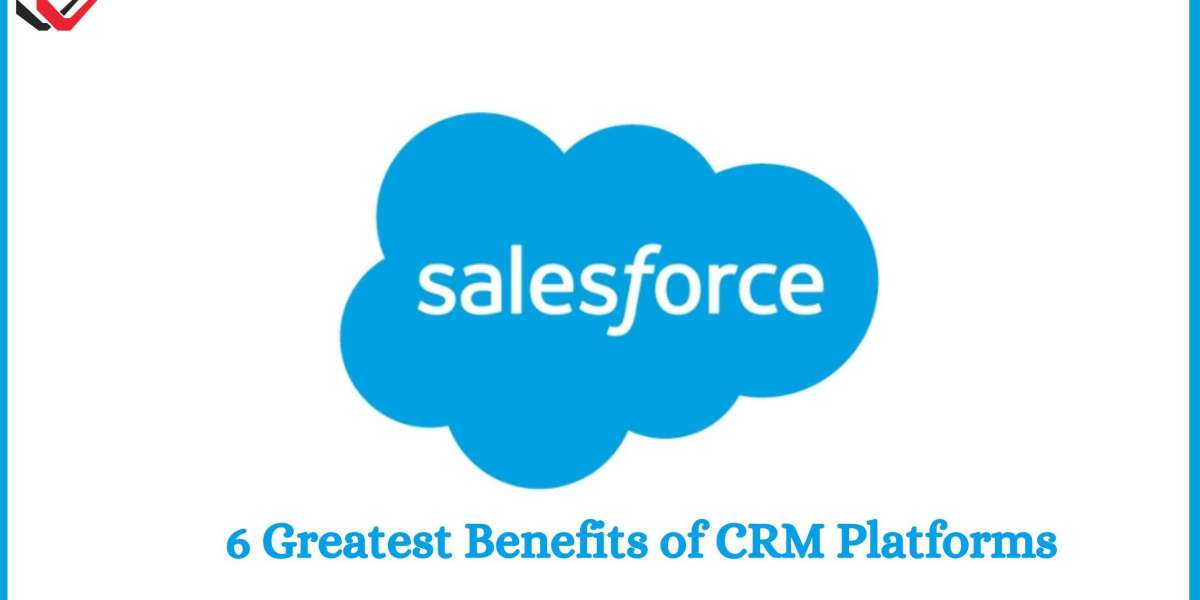What is CRM?
Customer Relationship Management (CRM) software has become a must-have tool for companies of all sizes. CRM software can help any business in a variety of ways, from organizing contacts to automating key tasks. It can also serve as a centralized, well-organized hub for consistent communication with customers and within the organization. This is especially important as more businesses transition to remote work.
CRM software is currently one of the fastest-growing industries, with a 14.27% growth rate projected from 2020 to 2027, driven by consumer demand for better customer service, automated engagement, and more nuanced customer experiences.
CRM software is a platform that benefits both merchants and customers. Businesses receive a set of tools to help them cultivate long-term, meaningful, and profitable customer relationships. Customers are given a personalized experience as well as royal treatment. CRM benefits span the entire sales cycle, from identifying prospects and converting them to loyal customers to keeping them satisfied and returning for more.
The top 6 Benefits of CRM Platforms
Cross-functional Insights and Reporting
Data is an important part of growing a business in a digital-first economy, and it is available from a variety of sources, including social media, Google Analytics, business software, apps, and CRM technology. It's not useful, however, until it's sorted, cleaned, analyzed, and made actionable for multiple teams, each of which has a single, shared view of a customer and all of the customer's information.
A CRM system can consolidate a comprehensive analysis of your customers' online (and sometimes offline) activity to paint a comprehensive picture of their needs. When your company is designed to keep clean data in this manner, you can use your CRM platform to collate, tabulate, and customize data in a report for specific department needs.
Customer-centric organizations must work to assist departments in fully comprehending and embracing the diverse needs of all consumers.
Leads ---Consumers who have filled out a form or otherwise expressed an interest in your company are considered leads.
Opportunities ---Leads who progress further down your sales funnel and are close to purchasing become opportunities.
Customer-centric Automation
Because you are constantly collecting data and insights about your audience, market, and industry, you can create more relevant, personalized messaging and outreach that is tailored to the specific needs of each customer. This is the benefit of dynamic content and automated messaging: you can group people who have a lot in common, such as an interest in a niche product, into different drip campaigns.
This feature of CRM allows you to set up a series of automated emails that speak to that audience specifically and are triggered by specific actions. Drip campaigns can be used throughout the sales funnel.
Actionable Data Dashboards
Using spreadsheets or disconnected systems to manage your customer relationships and data means manually entering or importing data, determining what's important, lacking historical context or the full picture of a customer relationship to derive proper insights, and then attempting to create a graphical way to present this data. CRM handles the majority of these tasks for you. After you've invested in the platform, you can take advantage of another CRM benefit, the dashboard. You can create a customized dashboard for each individual to assist in translating insights into action.
Proactive Customer Interactions
If a sales team knows what a specific customer is most interested in, they or a support representative can meet the customer's needs and solve problems more effectively.
This is a significant benefit to a customer service team. With relevant data readily available in their dashboards and in some cases, there is no need to dig for information, allowing a representative to get right to the point. When sales and customer service are proactive and knowledgeable, it saves everyone time and makes your potential and current customers feel important — plus, it can improve your bottom line by increasing customer satisfaction and decreasing time to resolution.
Optimized Processes
Marketing can invest more time in creating campaigns that resonate with its target audience, analyzing data, and testing various analytics-based strategies. Customers can be sold the right product or service if sales are focused on them. Commerce can provide more personalized purchasing experiences, which can lead to revenue growth. Customer service representatives can devote their time to assisting customers who have questions, problems, or more complex requirements. The greatest benefit of CRM software is that it allows a company to better serve its customers.
Simplified Collaboration
Your CRM keeps track of conversations, interactions, needs, notes, and contact information, which is a huge advantage when it comes to winning customer-centric experiences. And, if it's cloud-based, it'll always be up to date, and your teammates will be able to access records from anywhere.








